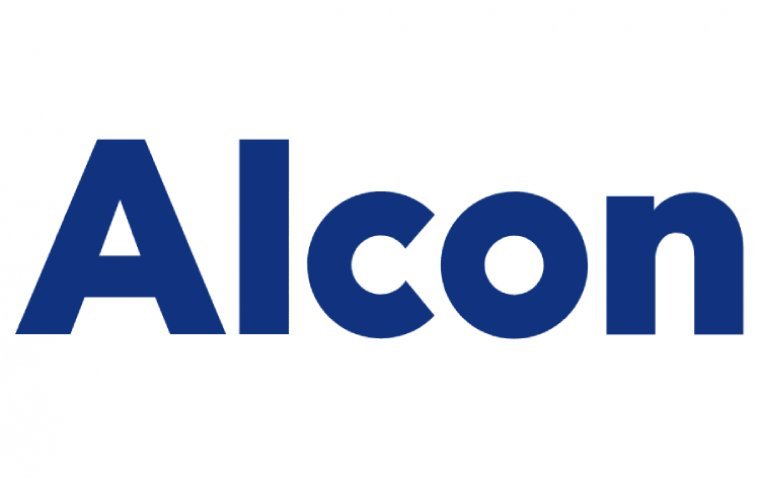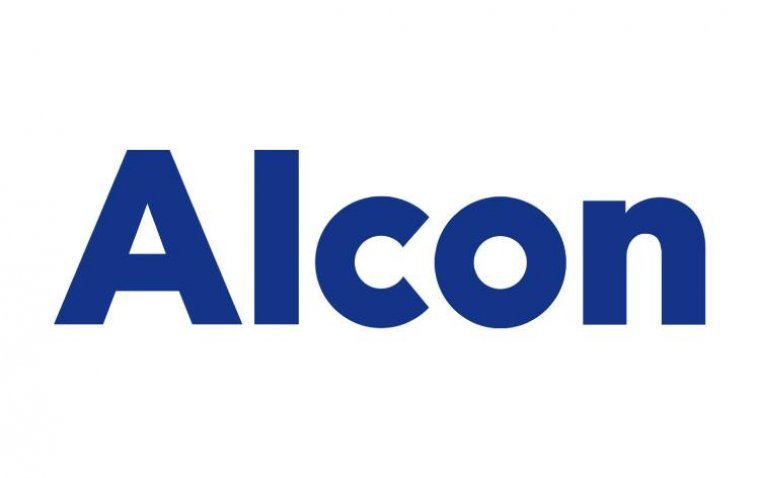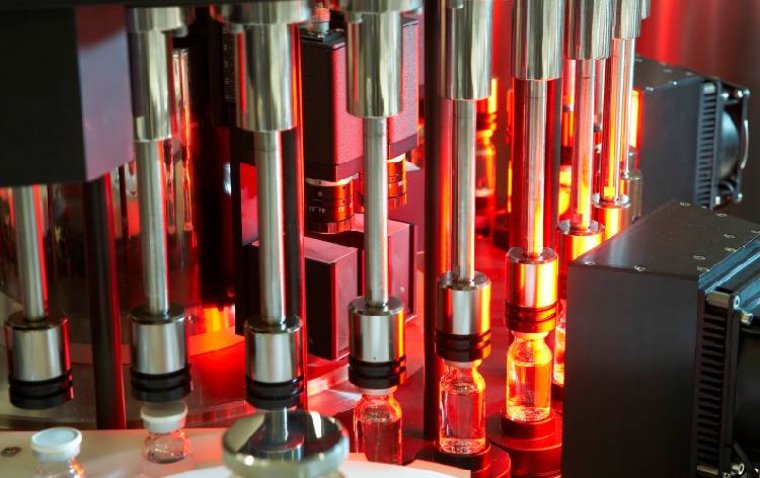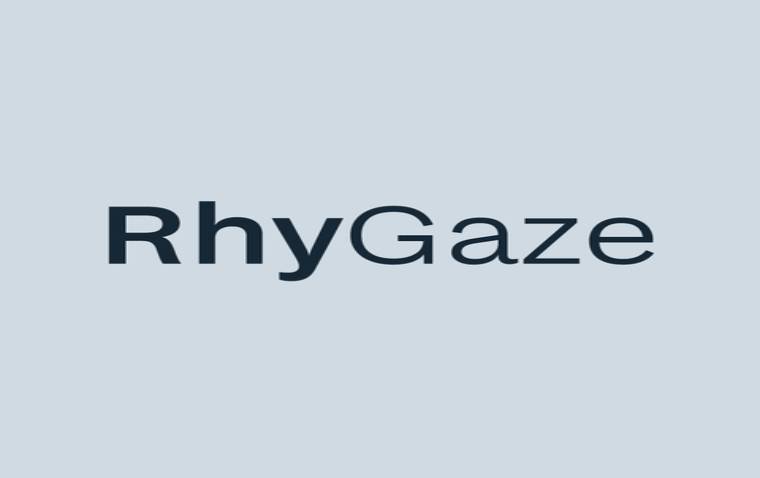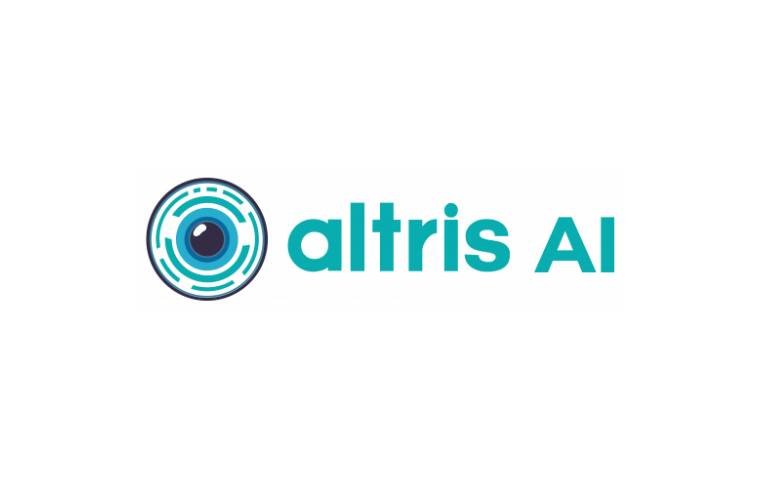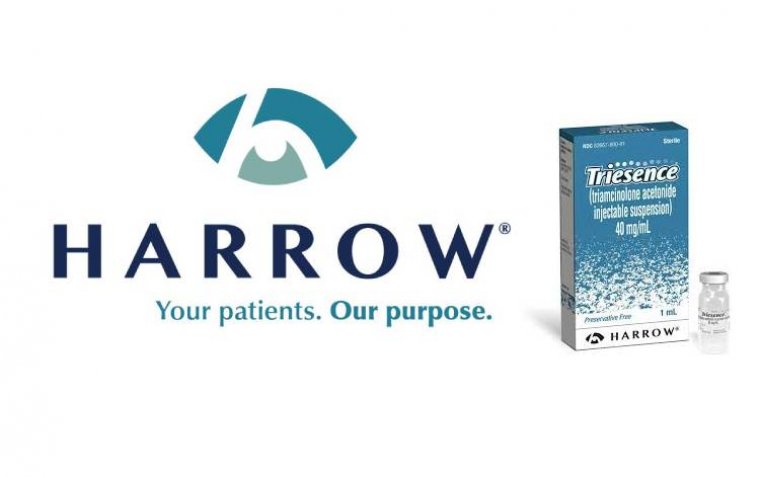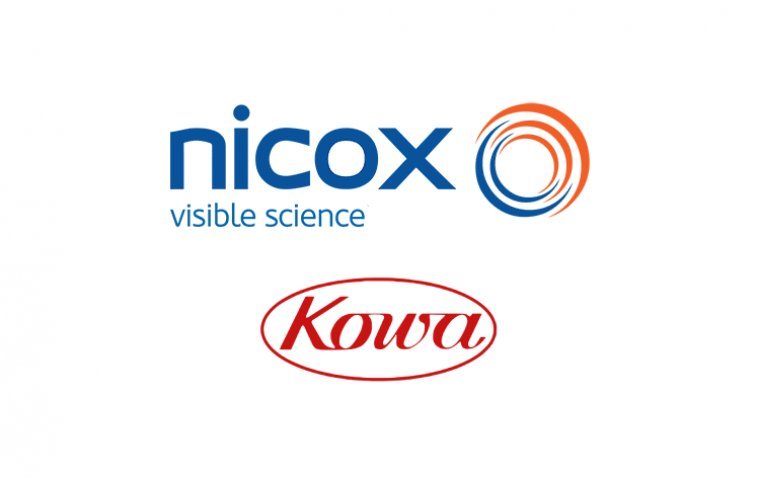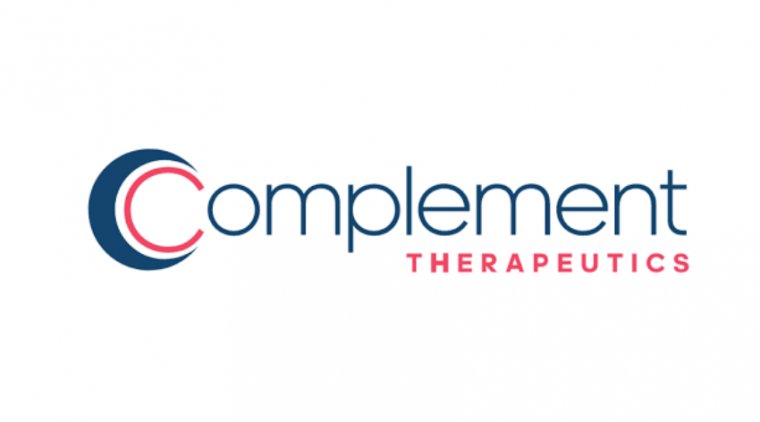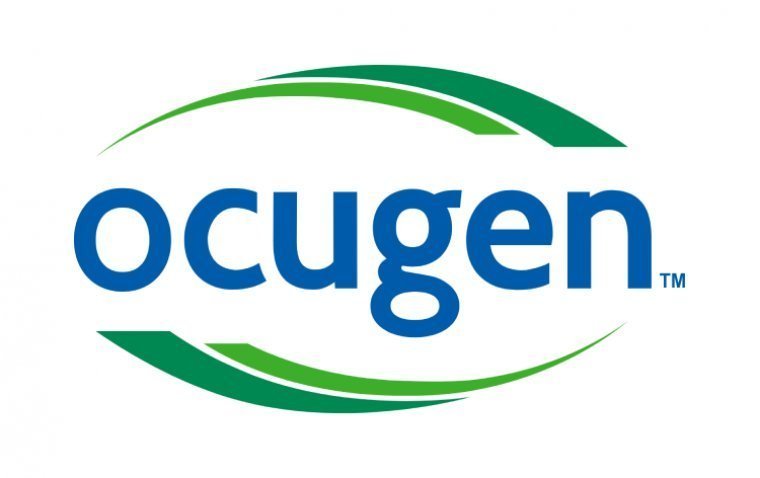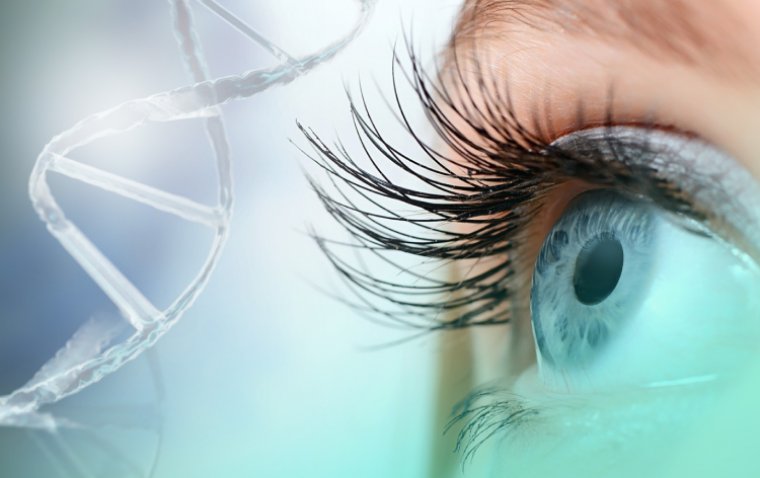
Neurophth Therapeutics Finalizes Enrollment for LHON Gene Therapy Trial
Neurophth Therapeutics announced the enrollment of the final patient in their pioneering phase I/II clinical trial of esonadogene mvoparvovec (NR082; Opvika) for the treatment of Leber hereditary optic neuropathy (LHON) caused by ND4 mutation (ND4-LHON).
Innovative Therapy for LHON
The trial, set to unfold across multiple centers in the US, is designed as a Phase I/II, single-arm study aimed at evaluating the safety and efficacy of esonadogene mvoparvovec in patients suffering from LHON due to ND4 mutations. This development follows the green light from the FDA, which approved the Investigational New Drug (IND) application for esonadogene mvoparvovec in January 2022, signaling a significant vote of confidence in the potential of this innovative therapy.
"We are extremely grateful for the trust and support of patients and their families, as well as the dedication of all researchers. They have played a crucial role in the successful completion of patient enrollment for the Phase I/II clinical trial," expressed Bin Li, MD, PhD, founder, chairman, and CEO of Neurophth. He further emphasized the company's commitment to global medical advancement, stating, "Neurophth has taken a solid step forward in going global. As our motto is 'In China, for global', we will strive to bring China's medical development and more innovative gene therapies to patients worldwide."
Understanding LHON
LHON is a maternally inherited mitochondrial disease that predominantly impacts young men, leading to severe binocular vision impairment and even blindness. The innovative therapy by Neurophth seeks to address this condition through a novel approach, using a recombinant adeno-associated virus as a vector to deliver correct genes directly to the patients' damaged optic ganglion cells via an introvitreal injection. This method aims to repair the mitochondrial biological respiratory chain, thereby restoring the vitality and visual function of the optic ganglion cells.
Expanding Clinical Trials to China
In addition to the ongoing phase I/II trial in the US, Neurophth is conducting a phase 3 trial of the therapy in China, showcasing the company's broad commitment to addressing LHON on a global scale. This marks a beacon of hope for individuals affected by ND4-LHON, offering a potential path to restoring vision and improving the quality of life for those affected by this genetic condition.
Reference:
(1).jpg)
